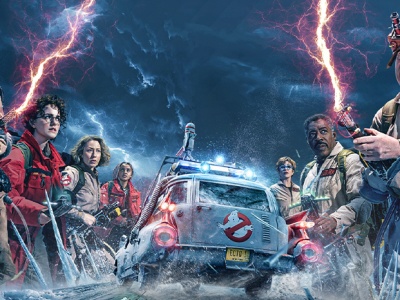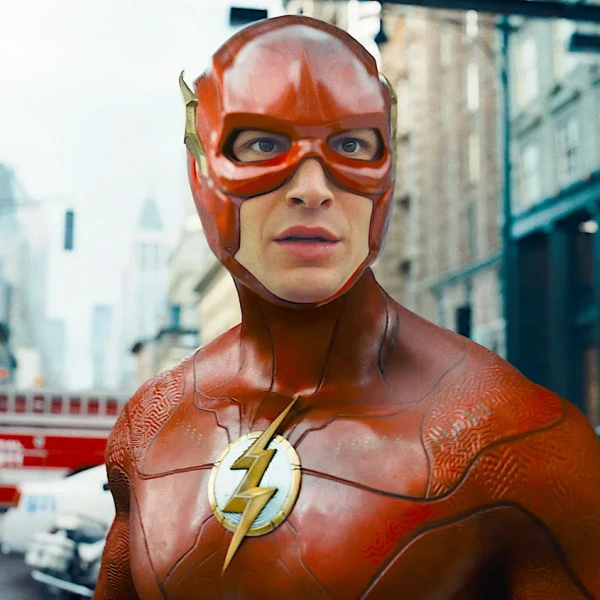The topicality of AI in film isn’t necessarily new ground for science-fiction as a genre, but with the increase in general interest in the subject and how it will affect humanity shortly, it can make for engaging and insightful viewing. And for every Ex Machina or Blade Runner, there’s an Atlas.
The latest Netflix original film forgoes any in-depth commentary on the pros and cons, good versus evil, of the AI debate, instead opting for a brainless, action-heavy, CGI fest led by Jennifer Lopez in the titular role.
28 years after the world’s first AI terrorist, Harlan (Simu Liu), abandoned Earth, his reemergence from outer space convinces the world’s leaders to believe he is going to commit a devastating nuclear attack that will destroy half the planet.
Despite her severe distrust of AI, analyst Atlas Shepard (Jennifer Lopez) joins forces with a specialist task force utilising a neural connection with AI powered mech-suits (think Pacific Rim), to take Harlan down before he reaches Earth. However, haunted by her past and connection to Harlan, Atlas must overcome her hatred of the human/AI symbiosis to save the world from destruction.

Director Brad Peyton is no stranger to the “smash-‘em, bash-‘em” CGI fests, with previous credits including The Rock vehicles San Andreas and Rampage, the latter based on a video game. This is the most apt description of Atlas’ visual aesthetic – a video game you can’t play.
The special effects, which are heavily relied on in this futuristic, technological dystopian version of Hollywood, are not bad per se, but they aren’t jaw-dropping either. Aside from a few office sets and Atlas’ apartment, every location featured in the film and every action scene just looks a little too fake for its own good.
And while, of course, the movie about giant robots fighting on distant planets is parred for the course of a CGI-necessary production, with the standard seen in other films and their use of things like The Volume, Atlas, unfortunately, feels more like a movie made 15 years ago, rather than in 2024.
The action itself is fine but limited. Peyton whips the camera around the metal-clanging fight scene with some dynamic excitement, featuring an array of heavy hits and explosions, but the action never reaches a level of excitement or originality for any of the set pieces to feel overly memorable.
Character-wise, Atlas also lacks considerably. J-Lo doesn’t branch too far out from the Jenny from the Block we all know and love. She’s the every-girl analyst thrown into a fish out-of-water situation, and that’s pretty much the extent of the character’s range, although attempts with specific reveals later in the film to add more emotional weight to her story. Considering that many of her action scenes take place from the control booth of a mech-suit, she doesn’t get much physical activity.

Standing out from the rest, but not necessarily in a positive way, is the bland, uninspired AI turn from Simu Liu, whose monotone voice and singular facial expression do nothing to emphasise the fact that Harlan is painted to be the most dangerous terrorist the world has ever seen. The evil monologuing within the film’s third act falls flat to the point that audiences may forget he was the film’s threat all along.
Atlas suffers from being undercooked despite there being exciting ideas and potential excitement under the surface. The story is stretched out a little too thin, and perhaps with some trimming down on unnecessarily forced emotional connections between J-Lo and a robot in favour for more action and a fleshed-out villain, Atlas could have been a tremendous 90-minute action-sci-fi adventure. Unfortunately, the film never powers up to its maximum charge, leaving a robust and underwhelming feeling once the credits roll.
Atlas is streaming on Netflix from May 24.











